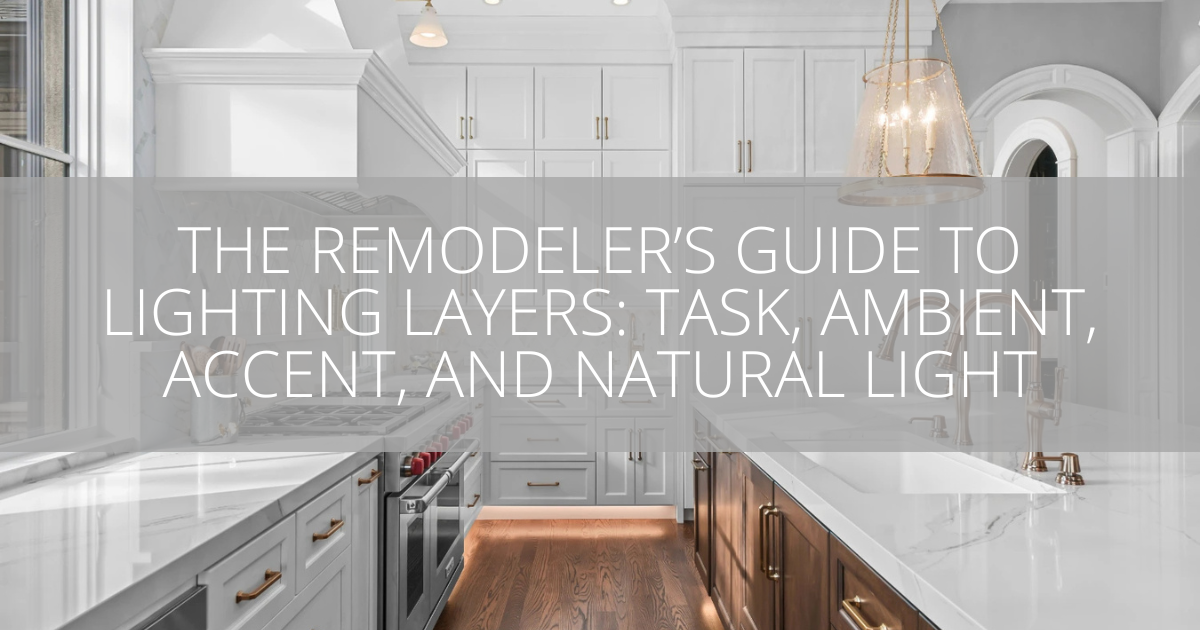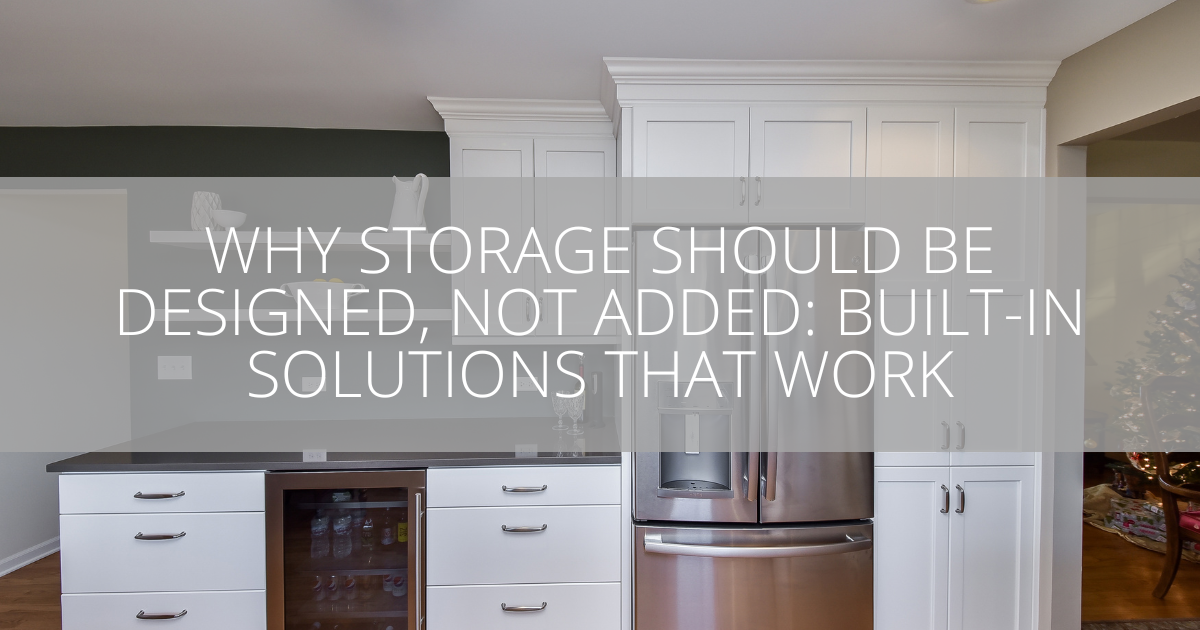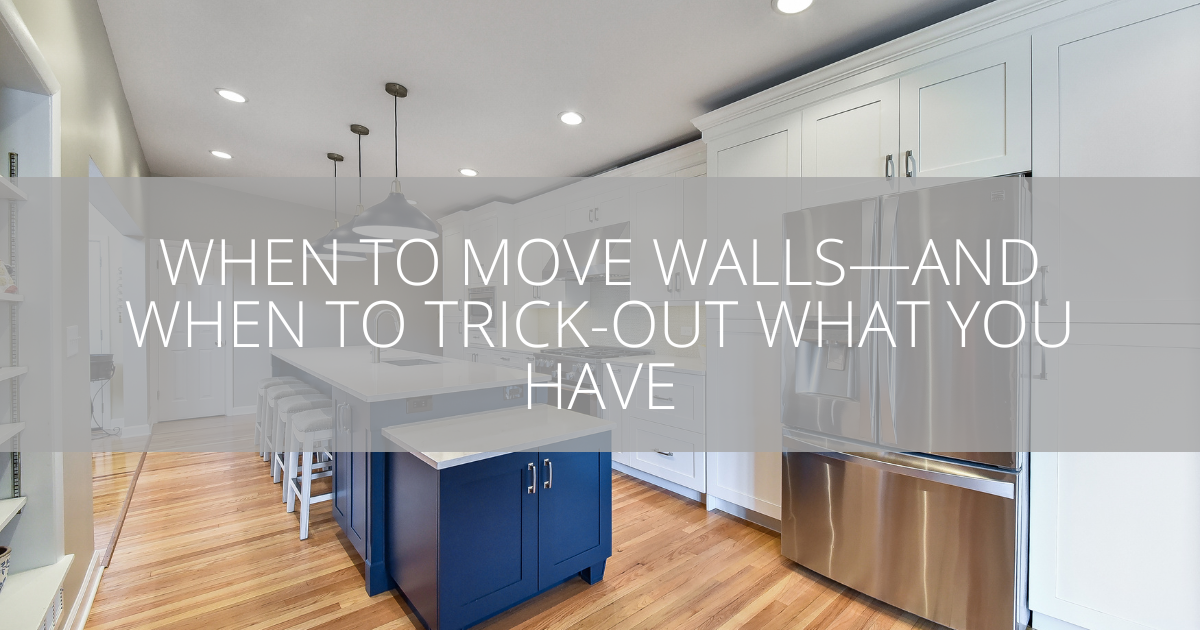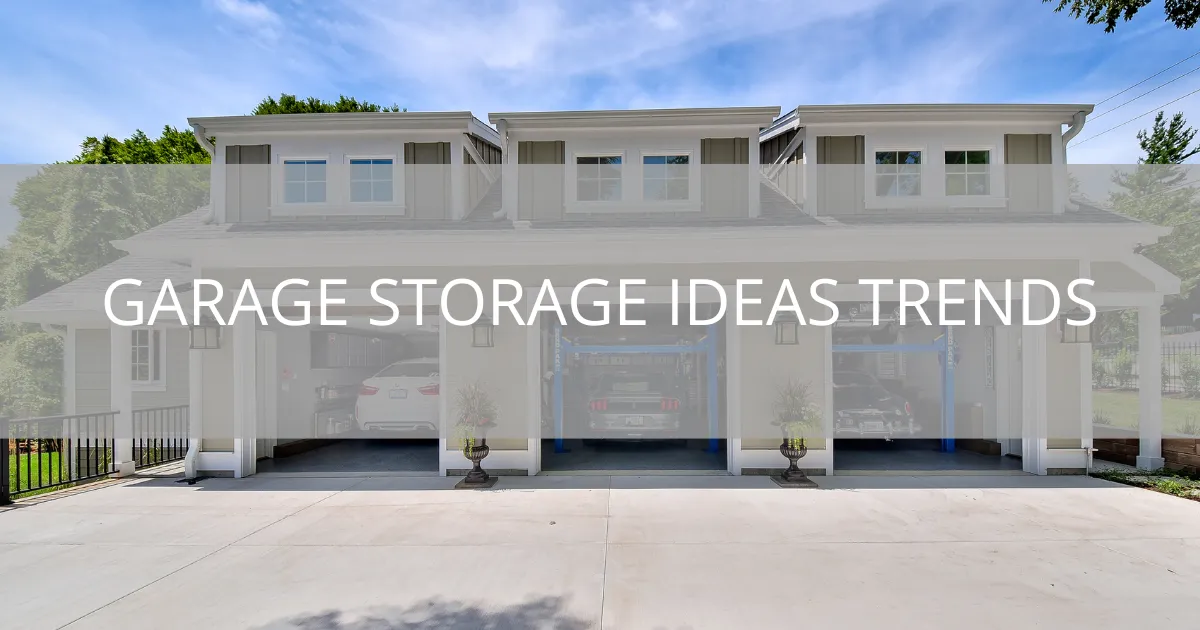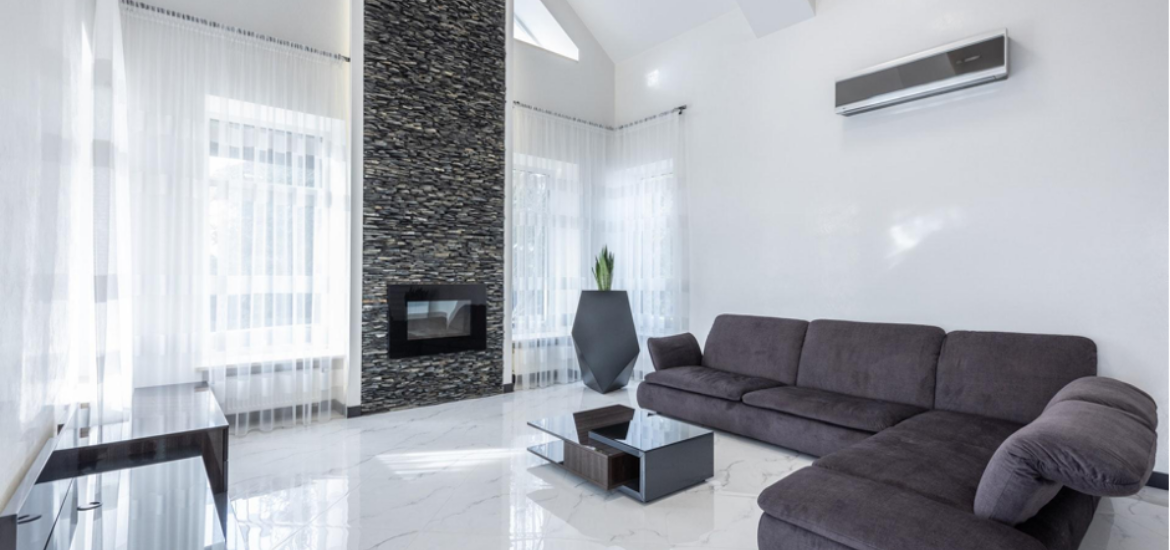
Keeping your home cool and comfortable during the hot summer months is always challenging. You want to find the balance between escaping the heat and not blowing out your budget with high utility bills. That’s why it is always helpful to take advantage of affordable and simple home cooling solutions.
Do not worry about making wholesale changes to your lifestyle. Forget about struggling to make ends meet just because you have to set aside a lot of money for bills. You will never have to suffer through harsh summer conditions thanks to 7 handy tips. Each one will noticeably cool your home without a heavy reliance on the AC all day long.
This is how you can keep your home cool during the summer heat, according to the experts at Jim’s Air Conditioning.
Blinds, Plants And Natural Shade
One of the best ways to keep out the summer heat is also the simplest. You just have to utilize shade and close the blinds - although there is more to it.
If you can keep the sun from shining through your windows, then a large amount of ambient heat is deflected, thanks in part to something called passive design.
For those unfamiliar with passive house design, the goal is to rely on a building’s layout and basic design to retain heat in winter, or deflect it in summer. It is a perfect way to reduce HVAC reliance without changing your way of life.
In summer, the goal of passive cooling is to use blinds, awnings and plants for shade. For example, light colored blinds reflect more heat than dark blinds. A light cream or grey blind/curtain will not retain as much heat as a black or dark grey blind. This means one simple decorative change is already making a fast impact.
Exterior awnings, shade cloths or roller blinds provide additional protection. They will keep the sun off your windows, stopping heat from even reaching glass panes. And if you’re blocking out the sun for longer periods of the day, you hopefully won’t have to switch on the air conditioning until far later. By deflecting a considerable amount of sunlight off of the home, you postpone the harsh effects of a summer heatwave for longer.
Another fun passive house cooling feature is to take advantage of plants and trees. This could be achieved by planting your own deciduous trees along fence lines. Not only do these options create an attractive outdoor space, but the plants will benefit your home by absorbing excess heat from concrete, paving and other harsh surfaces.
Thick foliage offers natural shade throughout summer, while in winter the lack of leaves means you can soak up direct sunlight to stay warm. If you don’t want to plant large trees, ferns or palms, even something like bamboo could perform well as a barrier.
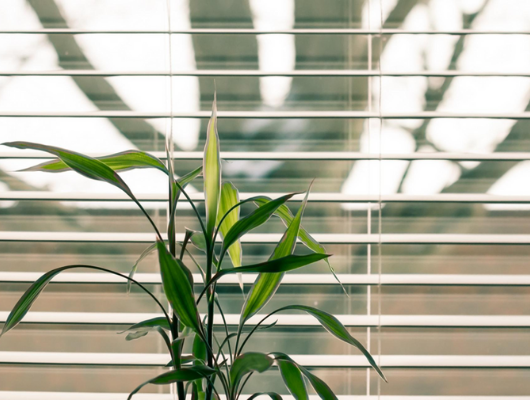
Heat Reducing Window Film
Window glazing is a leading option when it comes to keeping your home cool. It also helps greatly in winter when you want to trap heat during cold days and nights. However, window glazing can also be costly. And the more windows your home has, the higher the expenses.
Heat reducing film is a high-performing, affordable alternative to glazing that delivers similar results in most conditions. Modern window film blocks heat throughout summer, while it also creates a reliable barrier against harmful UV rays. So, not only will you feel cooler throughout the day, all of your cherished furnishings will last longer due to less direct sunlight. They will not fade and diminish.
Heat reducing film can be easily adhered to any window without the help of a professional. That makes it a perfect DIY task for anyone looking to keep busy on the weekend.
Results can vary depending on the overall film quality, but the leading window films reportedly reduce up to 78% of the sun’s heat that would otherwise be absorbed by windows. Up to 99% of ultraviolet rays are blocked, too.
Meanwhile, there are also heat reducing reflective window films for those after some additional privacy. You can block the heat and prevent any nosy neighbors from peering in during the day. Your own personal view will never change, though. So if you do opt to keep the blinds open in summer, at least your window film is there to help.
Ceiling Fans
Keeping the house cool in extreme heat can be made easier with the help of ceiling fans. The additional air flow created by ceiling fans cools the home especially well during milder days. It is there to enhance the impact of existing AC units during hotter days that would otherwise test your limits.
When your home feels uncomfortable due to stagnant warm air, the counterclockwise spinning motion of a ceiling fan pushes cool air down towards the floor. This creates a comforting cool breeze for living spaces, bedrooms, rumpus rooms and even outdoors. Basements with limited airflow would also benefit from a well placed ceiling fan.
If your HVAC thermostat regularly battles against the heat, look into ceiling fan installation. The cooling effect removes stale, stagnant air, lowering the room’s temperature independently. This means the AC does not have to combat as much heat, or expend as much energy.
Warm spots throughout the house are reduced, while cool air is pushed into every nook and corner. Improved air distribution is the perfect way to enjoy a warm day at home without breaking a sweat.
If you’re in a room for a short amount of time, fans are also a better alternative than central cooling. Ceiling fans use small amounts of electricity in comparison, so you can turn one on before touching your thermostat. The AC can sleep in and your bills remain low.
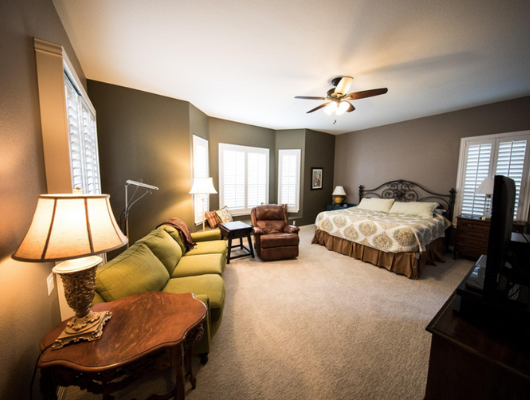
Air Conditioning Maintenance
If you are struggling to keep cool despite the best efforts of your HVAC system running, an AC service is likely well overdue.
Air conditioning maintenance is a crucial way to make sure your heating and cooling system remains efficient. Whether it’s a split system or central air conditioning, do not miss out on maximizing performance. If you choose to not book in a service, the filters and key parts should be cleaned at the very least.
An outdoor AC unit can be cleaned with little more than a garden hose and a vacuum cleaner, while filters inside the home can easily be removed and cleaned with some water. Cleaned filters will instantly help to cool down a room as there’s less residue blocking your air vents.
As a result, cool air flows freely throughout the home. Fewer allergens, bacteria and dust particles also float around. This is especially beneficial in a time where everyone is more aware of how easily germs can be spread. Everyone wants to minimise the risk of nasty bacteria floating around when friends and family visit.
A thoroughly cleaned HVAC system will also prevent energy bills from rising when you have to keep the home cool. Dirty filters and damaged parts force an AC to work harder, all while achieving the same end result. Your house won’t feel any cooler if the filters are clogged up, so take the time to clean them or book a much-needed tune-up.
Cook Outside
If it is a touch too warm inside and you want to avoid sweating up a storm in front of the oven, what do you do? Grab your ingredients and cook outside!
Ovens release varying amounts of heat into the kitchen while in use. Gas ovens are especially notorious as mini-heaters because of the additional heat vented out. Electric ovens produce less heat as they are more self-contained and do not require similar ventilation to gas. Regardless, if you opt to make a roast or bake a cake in summer, you are essentially fighting against the AC.
Rangehoods help dissipate some of the heat, but enclosed kitchens typically still feel like an oven. It is unfortunately an unavoidable outcome. But if you don’t want the ambient heat of an oven at 400°F or more, fire up the grill outside and get barbecuing.
Excess heat produced by cooking will be kept well away from your living spaces. Your kitchen can stay comfortable, and so will the family as they chill out by the TV. It also gives you a chance to open a cold brew in peace!
Meanwhile, if you don’t have the option of cooking outside in the summer, you can reduce the heat in your home by just using the cooktop, and not the oven itself. Better yet, slow cookers or air fryers produce far less ambient heat. There is no venting or serious need to release warm air.
Maybe that could be a good excuse to convince your partner that it is the right time to upgrade the barbecue, or to pick up a brand new kitchen appliance!
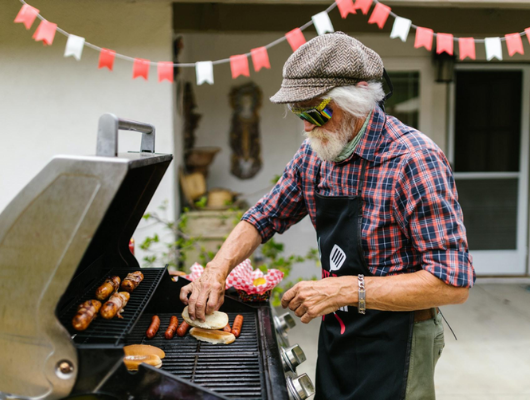
Utilize Natural Cooling
During summer it is always a good opportunity to take advantage of any natural cooling options. As mentioned previously, passive cooling options like shading and curtains is one top choice. Another is easy as pie. You just have to open the windows at night.
Even the most serious heat waves can come with a reprieve. The temperature drops once the sun sets, and lucky ones might also see a nice cool breeze. You can take advantage of this by opening windows throughout the home to enhance and improve air circulation. You can even shut off the air conditioning if the outside weather is cold enough. That gives your AC a much needed rest.
There will be some extremely hot nights where the temperature does not drop, sadly. Stagnant warm air will linger and an open window does nothing. But if there is a noticeable difference between indoor and outdoor temperatures then you want to throw open the windows to let the cool summer air flow.
The cross breeze is a wonderful way to freshen up a house that could be a touch stale from refrigerated air conditioning, or a day full of mustiness and humidity. This will help cool any walls which have retained heat from the day, gradually cooling the home in the process.
However, you do not want to forget to shut the windows and/or blinds once the sun rises. Early morning air in summer can get hot quickly, so you want to keep the natural coolness for as long as possible.
Install New Air Conditioning
Ultimately, if all else fails to make a serious dent in keeping your home cool enough, there is one last option. Now could be the right time for a brand new air conditioning unit, so check carefully to see which one is best for your home.
Personal savings and other external factors at home will certainly influence your options here, but an upgrade often makes a big difference. Modern HVAC systems provide some of the most efficient home cooling possible. The summer heat will stand no chance against inverter technology and smart controls.
Now, there are plenty of benefits when it comes to a brand new AC. You can enjoy improved energy efficiency compared to old units, even those that are 10 or so years old. Energy Star-certified units will provide you with maximum efficiency and comfort. You will also see a quick reduction in utility costs as less energy is required to keep your home cool when the summer heat hits.
Advanced technology like inverter air conditioning is another big plus. Your unit will essentially manage itself at a consistent pace without having to repeatedly turn on and off all day long. You get to save on expenses while keeping everyone comfortable. Many modern units also include high quality filter technology and dehumidifier capabilities.
Additional features such as smart home connectivity and intuitive control means your new air conditioning can work well with all other home cooling features. A new AC is certainly worth consideration if you are struggling to stay cool in summer. That is a lot to love when the extreme heat strikes.

